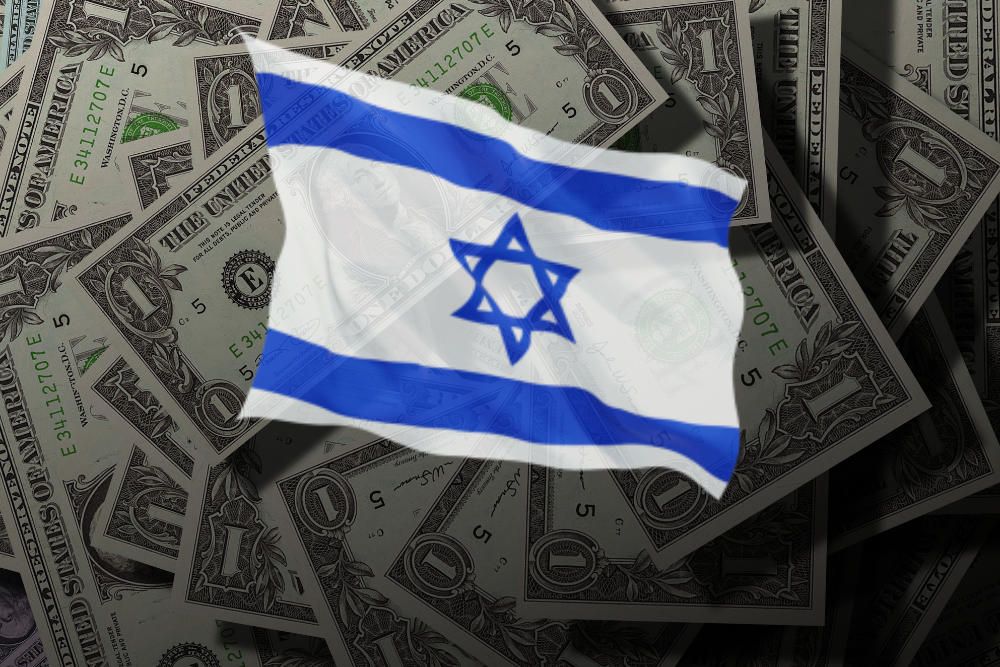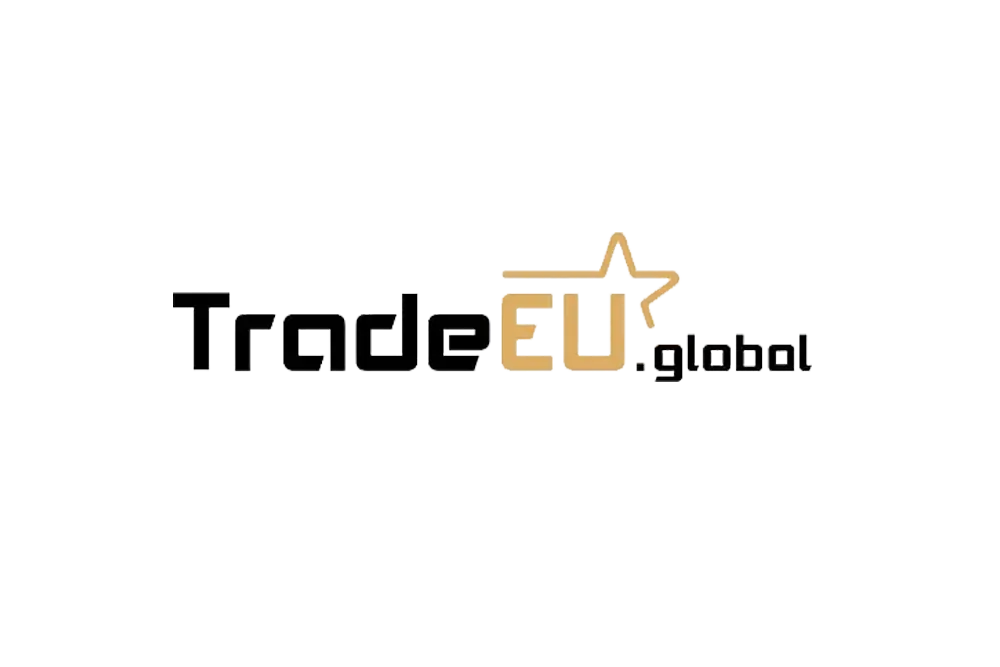The ongoing war in Gaza has put pressure on the shekel, which the Bank of Israel indicated on Monday it would try to stabilise by selling billions in foreign exchange reserves.
The central bank said that it would intervene in the foreign exchange market “as needed” in order to “maintain financial stability and to ensure that the exchange rate does not deviate significantly from its long-term trend.”
The shekel has weakened by around 2% against the US dollar since the war in Gaza began on May 10. A number of causes, including rising demand for US dollars from Israeli consumers and businesses as well as a decrease in foreign investment in Israel, have contributed to the dip.
The Bank of Israel’s intervention is aimed at preventing the shekel from weakening further, which could harm the Israeli economy. A weaker shekel would make imports more expensive and could lead to higher inflation.
Selling billion in foreign exchange reserves is a big step for the central bank. It is the largest intervention in the foreign exchange market by the Bank of Israel since the 2008 financial crisis.
The intervention is likely to be effective in stabilising the shekel. The Bank of Israel has a sizable amount of foreign exchange reserves that it can use to make market interventions.
The central bank has also had success intervening in the foreign exchange market in the past. There are dangers associated with the operation.
Selling billion of foreign exchange reserves could reduce the Bank of Israel’s ability to intervene in the foreign exchange market in the future. It could lead to higher interest rates in Israel.
The sale of billion worth of foreign exchange reserves by the Bank of Israel is a wise move all around. It should be successful in keeping the shekel stable and preventing additional harm to the Israeli economy.



